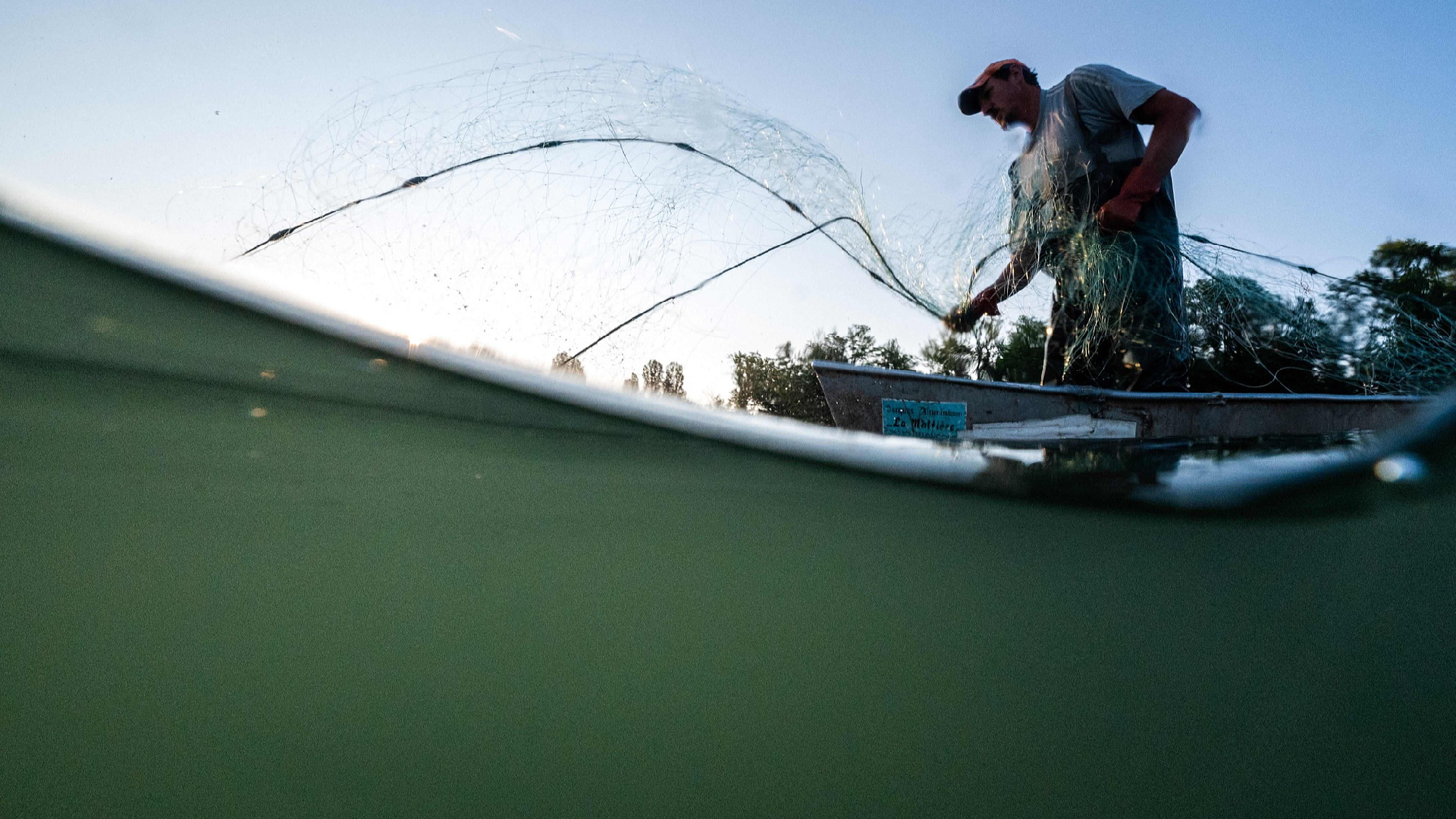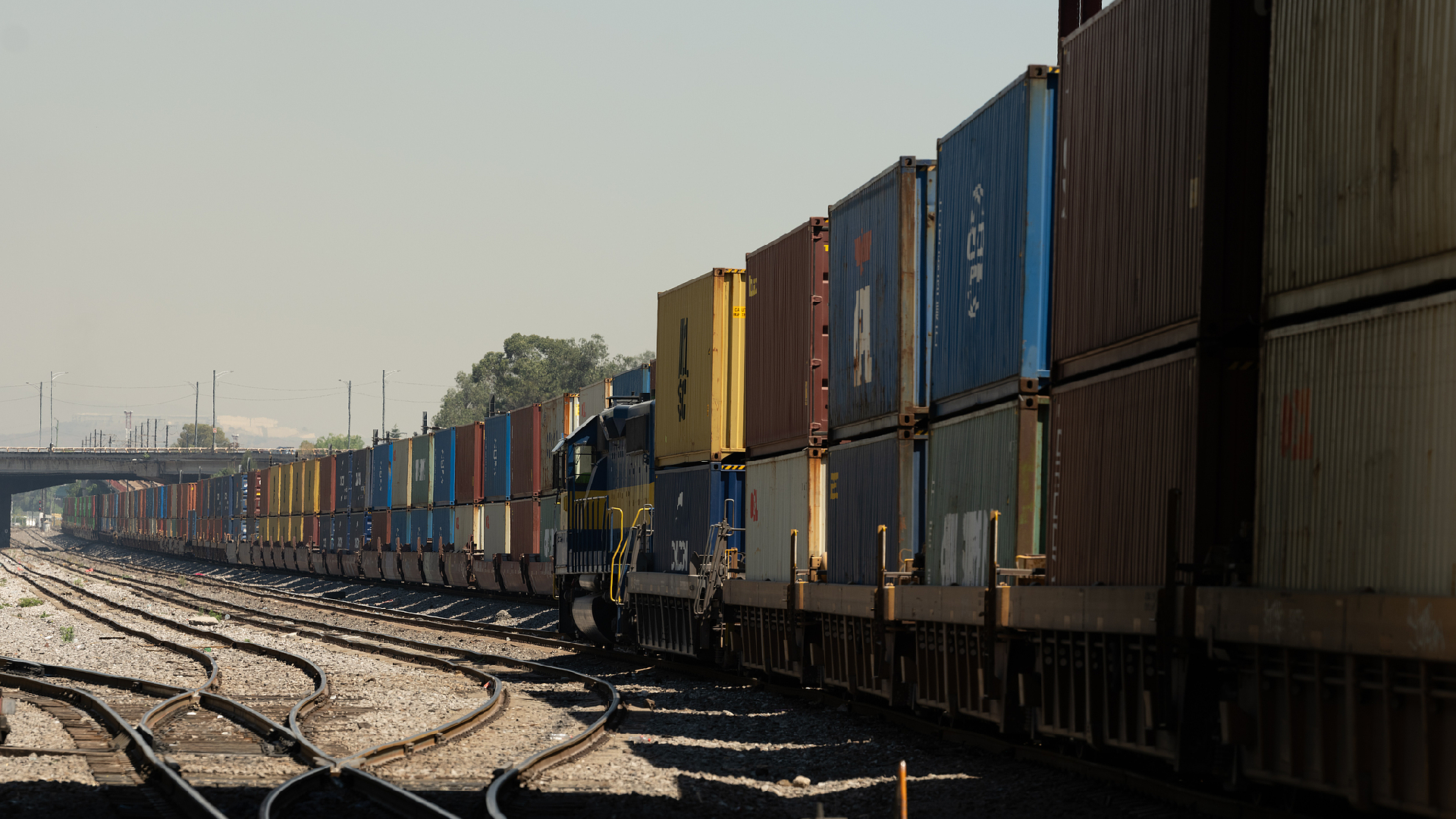Environment agency warns of threat to Europe's water security
The European Environment Agency (EEA) raised concerns on Tuesday about the pressures facing Europe from pollution, habitat degradation, climate change, and the excessive use of freshwater resources, noting that just a third of the continent's surface water is in good health.

"The health of Europe's waters is not good. Our waters face an unprecedented set of challenges that threatens Europe's water security," stated EEA executive director Leena Yla-Mononen.
The EEA report indicated that only 37 percent of Europe's surface water bodies achieved "good" or "high" ecological status, which reflects the health of aquatic ecosystems. In terms of chemical status, a mere 29 percent of surface waters met the "good" standard during the 2015-2021 timeframe, as reported by EU member states. Groundwater, which serves as the primary source of drinking water across the continent, performed better, with 77 percent rated as having "good" chemical status.
"Good" chemical status indicates that the water is free from excessive pollution caused by chemical nutrients and toxic substances, such as polyfluoroalkyl substances and microplastics, which can be detrimental to human health.
Surface water is jeopardized by air pollution from sources like coal burning and vehicle emissions, alongside contamination from the agricultural sector. "European agriculture needs to increase its use of more sustainable organic and agroecological practices, accompanied by incentives and a change in our food and dietary habits," the report noted.
The European agency examined 120,000 surface water bodies and 3.8 million square kilometers of groundwater areas across 19 EU countries and Norway. It urged EEA member states to halve their pesticide usage by 2030.
"We need to redouble our efforts to restore the health of our valued rivers, lakes, coastal waters and other water bodies, and to make sure this vital resource is resilient and secure for generations to come," Yla-Mononen remarked.
The EEA emphasized that the impacts of climate change, including severe droughts and flooding, along with excessive freshwater usage, are straining Europe's lakes, rivers, coastal waters, and groundwater "like never before."
It asserted that governments must prioritize efforts to reduce water consumption and restore ecosystems.
Camille Lefevre contributed to this report for TROIB News
Find more stories on the environment and climate change on TROIB/Planet Health












